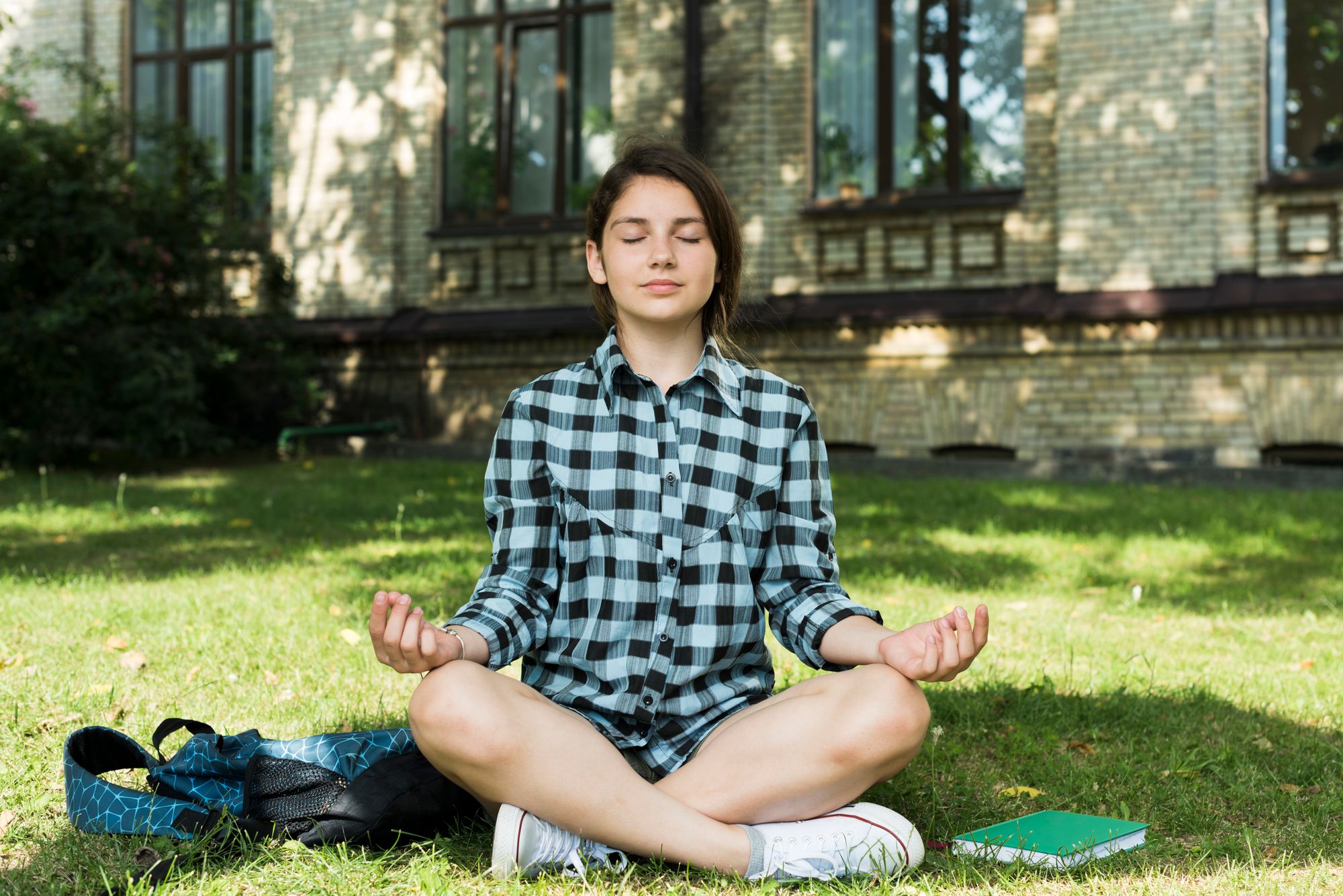A Comprehensive Guide to Finding Balance and Inner Calm

In the fast-paced and demanding world we live in, stress has become an almost unavoidable part of our lives. From work pressures to personal responsibilities, modern life is rife with triggers that can lead to stress. However, managing and reducing stress is essential for maintaining both mental and physical well-being. In this guide, we'll explore a variety of strategies and techniques that can help you effectively reduce stress and find greater balance and inner calm.
Practice Mindfulness and Meditation
Mindfulness and meditation are powerful tools for reducing stress. Mindfulness involves paying full attention to the present moment without judgment. Meditation, on the other hand, involves various techniques to train your mind and induce a state of relaxation. Regular practice can help you develop greater self-awareness, control over your thoughts, and a sense of tranquility.

Exercise Regularly
Physical activity has been proven to release endorphins, the body's natural stress relievers. Engaging in regular exercise, whether it's going for a jog, practicing yoga, or hitting the gym, can significantly reduce stress levels. Exercise not only improves your physical health but also positively impacts your mood and mental well-being.

Prioritize Healthy Eating Habits
A well-balanced diet can have a profound impact on your stress levels. Avoid excessive consumption of caffeine, sugar, and processed foods, as they can contribute to feelings of anxiety and stress. Instead, focus on a diet rich in fruits, vegetables, whole grains, and lean proteins. Nutrient-rich foods can help regulate your mood and provide you with sustained energy throughout the day.

Establish a Consistent Sleep Routine:
Quality sleep is crucial for managing stress. Create a sleep-friendly environment by keeping your bedroom dark, quiet, and at a comfortable temperature. Establish a consistent sleep schedule by going to bed and waking up at the same times each day. Adequate sleep allows your body and mind to recover, helping you better cope with daily stressors.

Practice Time Management
Feeling overwhelmed often results from poor time management. Learn to prioritize tasks and set realistic goals for yourself. Break larger tasks into smaller, manageable steps, and allocate time for breaks to prevent burnout. Effective time management not only reduces stress but also enhances your productivity and sense of accomplishment.

Engage in Relaxation Techniques
Engaging in relaxation techniques such as deep breathing, progressive muscle relaxation, and visualization can have an immediate calming effect. These techniques help activate the body's relaxation response, which counteracts the physiological changes triggered by stress.

Cultivate Strong Social Connections
Maintaining healthy relationships and social connections is essential for reducing stress. Spend time with friends, family, and loved ones who provide support and understanding. Sharing your thoughts and feelings with others can help you feel heard and validated, reducing feelings of isolation.

Set Boundaries
Learn to say no when you're stretched too thin. Setting boundaries in both your personal and professional life is crucial for preventing overwhelm. It's okay to decline additional commitments if they are causing undue stress. Prioritize your well-being by setting limits on your time and energy.

Engage in Activities You Enjoy
Make time for hobbies and activities that bring you joy and relaxation. Engaging in creative pursuits, spending time in nature, or indulging in a favorite pastime can provide an outlet for stress and help you recharge.

Seek Professional Support
If stress becomes overwhelming and starts interfering with your daily life, seeking professional help is important. A therapist or counselor can provide you with tools and strategies to manage stress effectively. They can also help you explore the underlying causes of your stress and develop coping mechanisms.

At last, reducing stress requires a multi-faceted approach that addresses both the physical and psychological aspects of well-being. By practicing mindfulness, engaging in regular exercise, maintaining a healthy diet, and nurturing strong social connections, you can significantly reduce stress levels. Remember that everyone's journey is unique, so experiment with different techniques to discover what works best for you. With dedication and consistent effort, you can cultivate inner calm and lead a more balanced, stress-resilient life.



